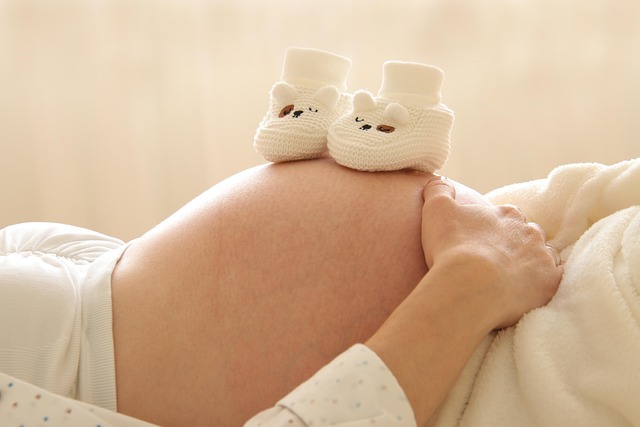Hey there! Let’s chat about uterine polyps, a little-known issue that can impact female fertility and menstrual cycles. If you suspect you might have symptoms of uterine polyps, don’t hesitate to reach out to your healthcare provider for guidance.
What Exactly Are Uterine Polyps?
Uterine polyps are abnormal growths that develop on the inner lining of the uterus, known as the endometrium. While they are often benign, these growths can still cause menstrual irregularities and fertility challenges. Polyps can vary in size, from just a few millimeters to several centimeters, and they can appear as a single growth or in clusters. Although most polyps aren’t cancerous, they can lead to complications regarding your menstrual cycle or attempts to conceive.
Symptoms to Watch For
Women over 40 are more likely to develop uterine polyps, especially if they are overweight, have high blood pressure, or are taking the breast cancer medication tamoxifen. Here are some symptoms to look out for:
- Irregular menstrual cycles
- Bleeding or spotting between periods
- Heavy menstrual flow
- Vaginal bleeding or spotting after menopause
Removing uterine polyps can significantly improve your chances of getting pregnant if you’ve been having difficulty conceiving.
How Are Uterine Polyps Diagnosed?
When you visit your healthcare provider, they’ll likely ask about your menstrual history and any unusual symptoms. They may conduct a gynecological exam and suggest some tests to confirm if uterine polyps are present. Here are a few common diagnostic methods:
- Transvaginal Ultrasound: This involves a thin device inserted into the vagina to capture images of the uterus. Sometimes, saline is injected to give a clearer view of the polyps.
- Hysteroscopy: A thin tube with a light (hysteroscope) is inserted through the vagina into the uterus, allowing for direct visualization of the uterine lining. This can also be a treatment method.
- Endometrial Biopsy: This involves taking a sample of the uterine lining to check for abnormal cells.
Treatment Options for Uterine Polyps
If your polyps aren’t causing issues, treatment might not be necessary. However, if they are symptomatic or affecting fertility, your doctor may suggest surgery to remove them or medications to manage hormonal imbalances. Keep in mind that medication may only provide temporary relief, with symptoms often returning once treatment stops.
If you’re looking for more information, this is one of our other blog posts on the joyful arrival of your newborn that you might find helpful! Also, you can explore this excellent resource on artificial insemination for more insights. And if you’re interested in home options, check out this guide to at-home insemination kits for additional support.
Summary
Uterine polyps can be a significant factor in female infertility and can cause various menstrual issues. If you experience any concerning symptoms, your healthcare provider can help diagnose and determine the best course of action. Don’t hesitate to reach out for support!

